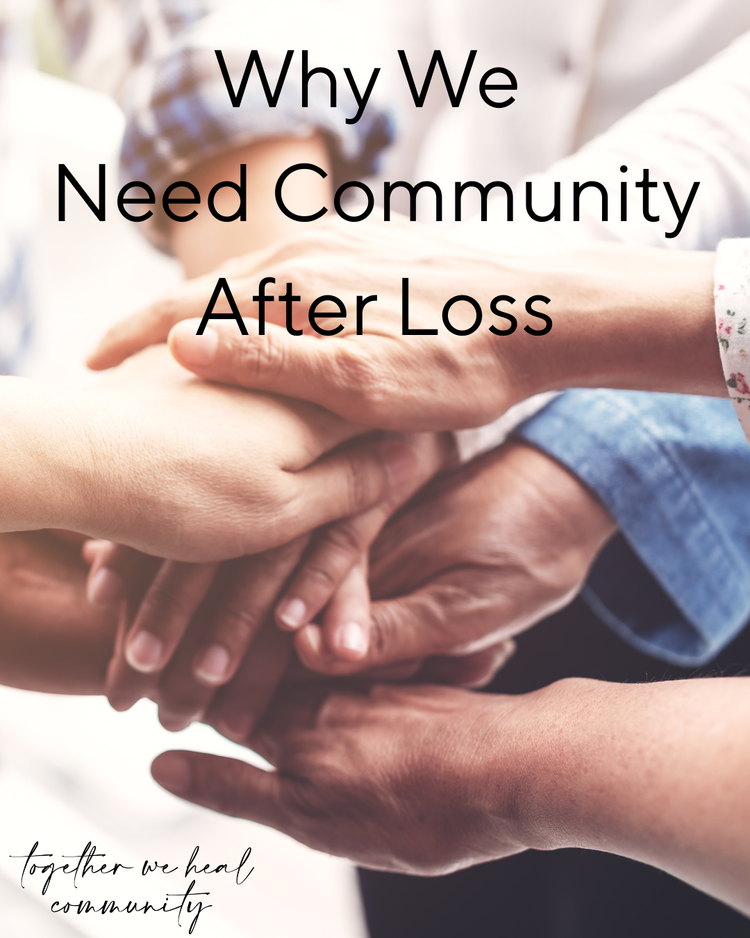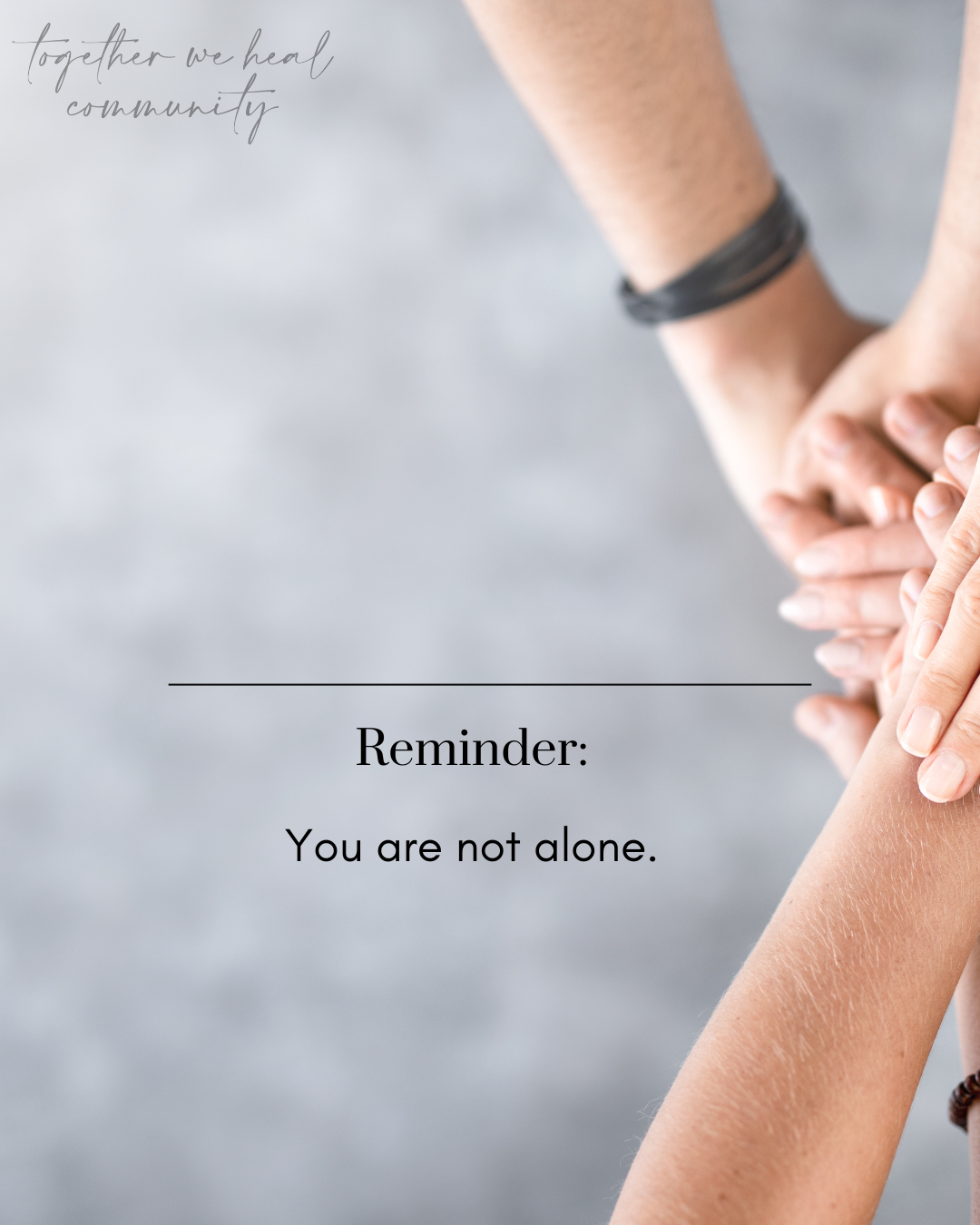I remember feeling helpless as I watched my mother and uncle stumble through the last few months of my Uncle Jack’s life. Jack was adamant that he was going to beat cancer and refused to plan for any other outcome. The result was agonizing, both before and after his death. My family was forced to make decisions they were unsure would follow my uncle’s wishes…and they painstakingly second-guessed themselves every step of the way.
The days leading up to his passing, there were questions regarding his end-of-life wishes, many of which he couldn’t help make because of his pain. Immediately following his death, the flood of decisions that had to be made were intense, but had to be made quickly. They soon realized that they were rudderless in navigating the business of his death.
When I was collecting content for the website, I felt strongly that preparing for the end-of-life was both necessary and compassionate for those left behind. We created a page specifically to help guide this process within our How We Help Tab, although now I see it needs some “spoofing up”.
I felt compelled to bring up the importance of being prepared before the loss occurs after witnessing this with my own family. I realize this is the BEST CASE SCENARIO and cannot always be done. Uncomfortable conversations equal a clear understanding of wishes and a space to mourn your loss.
Vital Information to Gather Before Your Loved One Passes
Sadly, there is much business to take care of after someone dies. The following information will typically be required for a burial permit which grants permission for a burial to take place:
Legal name, home address, telephone number
When did they move to this state (so you can infer the number of years in the state)
Business name or Employer name, address, telephone number (care recipient’s occupation, title, and manager)
Military details such as service date, service place, service number, separation from service information, grade/rank/rating, and branch of service
Place of Birth and if a U.S. Citizen or not
Mother and Father’s Names (including maiden name) and birthplace
Religion (if applicable)
The documents below (if applicable) will be requested by various parties to establish your rights to insurance, pension, social security, ownership, etc.
Will and Certificate of Trust
Birth certificate or legal proof of age
Social Security Card or number
Marriage license
Citizenship papers
Insurance policies (life, health, and accident, property)
Pension plan
Bank and financial account information
Property deeds
Bill of sale of car or title
Income tax returns, receipts, or bank statements
Veterans discharge certificate
Disability claims
Deed to burial property and funeral prearrangements (if purchased in advance)
A conversation about your loved one’s personal preferences and wishes before a crisis will allow you to be present after your loss and reduce family stress with the decision making process. There are a few resources that can help facilitate these conversations, including the Peace of Mind Planner and The Conversation Project.
Burial/cremation, funeral home, and memorial wishes (service type, readings, media publications for notification, favorite songs, clothing/jewelry to wear, etc.)
List of valued charities for potential donations instead of flowers
Organ donation wishes
List of names and phone numbers of their friends and family they would want you to notify
Make a shared digital album of favorite photos for people to add to for a slideshow, announcements, or to display at the memorial.
Find a grief counselor or support group available for surviving friends and family. There are often resources through your hospice of choice as well as private therapists. Psychology Today and Better Help have extensive databases. Together We Heal Community has a local list HERE.
Tasks to be done Immediately
The following tasks are recommended to be done immediately after someone passes or at least within the first few days:
If death occurs at home, notify emergency authorities, primary doctor, or home hospice. Document the date and cause of death.
Notify immediate family, best friends, and current employer or military unit
Contact the funeral home or faith community to guide you through preparing for the funeral or memorial service, obtaining necessary permits, and handling the transportation and disposition of the body.
Order 10-20 Copies of the Death Certificate – an original copy is often required for most financial and administrative processes following a death. Your attorney and or financial planner can help you determine ne how many copies may be needed for your situation. Better to order more than you think you’ll need.
Secure any valuables such as jewelry, silver, and essential heirlooms to mitigate potential loss or misuse
Make immediate plans to care for children and pets.
Tasks For the Weeks Following A Death
Discuss with family members and friends about dividing these tasks. The following tasks can typically wait until week 2 to start.
Redirect your loved one’s mail and assign a neighbor to keep a watchful eye on the empty home
Secure memorial clothing
Notify extended friends and family and friends of specific memorial plans. You may want to include a social post on your care recipient’s account to reach their friends quickly.
Notify financial institutions, credit bureaus, and insurance companies
Address Legal and Estate Matters – an attorney or estate planner to navigate legal matters such as probate, distribution of assets, and executing the deceased’s will or trust. They can guide you through the legal steps to ensure a smooth ownership transition and settle any outstanding debts or obligations.
Notify Government Agencies (e.g., Veterans Affairs) and Social Security Administration
Pay outstanding bills and cancel or transfer subscriptions and memberships
Additional memorial plans such as writing eulogy/obituary, identifying hotels for out-of-town visitors, selecting readers/pallbearers
Remove plants, perishable food, and trash from the care recipient’s home
Access your care recipient’s social media accounts, email accounts, and online storage. It’s essential to gain access to these accounts to manage or memorialize them according to your loved one’s wishes. Some platforms have specific procedures for handling charges of deceased individuals, so it’s worth checking their respective policies.
The business of a death for the family is lengthy and exhausting, but having a detailed checklist and emotional support will help the process run as smoothly as possible. Navigating the process of closing things down is necessary, so that you can move into the actual stage of grieving.
Sources & Additional Resources
Honoring Bereaved Mothers on Mother's Day~ How we can offer love and support.
Mother’s Day is traditionally a celebration, filled with flowers, cards, and shared moments. But for bereaved mothers—those who have lost a child—this day can be a harsh reminder of what’s missing. While the world celebrates motherhood, these women carry a grief that’s often silent and unseen.
If you have a bereaved mother in your life, here are thoughtful ways to acknowledge their pain and offer genuine support. While this blog highlights the loss of a child, I will note that this also applies to anyone who has lost a mother…Mother’s Day isn’t the same without mom.
Acknowledge Their Loss
The most meaningful gift you can offer is acknowledgment. Don’t be afraid to speak their child’s name. Say, “I’m thinking of you and [child’s name] today.” This small gesture honors both the mother and the child who is no longer here.
Send a Thoughtful Message or Card
A text, call, or handwritten note can go a long way. Let her know that you’re holding her in your heart. Avoid clichés like “everything happens for a reason.” Instead, try:
“I know this day may be difficult. I’m here for you, and I’m thinking of your beautiful child.”
Offer Presence, Not Platitudes
Grief is not something to fix—it’s something to witness. When we try to help by offering our own understanding of grief, sometimes we miss the mark. (Ex: “Everything happens for a reason.”) Comforting someone in grief is tricky. If she wants to talk, listen. If she wants silence, offer it. Just being present without trying to make it better can be the most comforting thing of all. Don’t wait for her to ask, instead offer up some ideas so she doesn’t have to think.
“What kind of ice cream do you want? I’ll be there in an hour.”
“I’m picking you up, get your shoes on. We’re going (walking).”
Honor Her Child in a Personal Way
Light a candle, plant a flower, make a donation in the child’s name, or share a memory you have. Invite her to join, if she’s comfortable. It’s a way to show that her child’s life—and her motherhood—still matters deeply.
Respect Her Grief Journey
Grief is as individual as a fingerprint. She may want to spend the day alone, or she might find comfort in company. Let her lead, and support her choices without judgment or expectations.
Extend Compassion Beyond the Day
While Mother’s Day can be especially difficult, grief doesn’t begin and end with a calendar date. Continue to check in throughout the year, especially on birthdays, anniversaries, and other meaningful milestones. The loss doesn’t always need to be discussed, but staying present is significant for the griever. They don’t want to be forgotten…this makes them feel even more isolated.
For bereaved mothers, the month of Mother’s Day is a complex blend of love and sorrow. But with empathy, respect, and remembrance, we can help make space for their grief and honor their enduring role as mothers. Their motherhood doesn’t end with loss—it transforms, and it deserves to be seen.
Bereaved Mother's Day is celebrated annually on the first Sunday of May, (next Sunday) serving as a day of remembrance and support for mothers who have lost a child. It's a time to acknowledge the unique grief experienced by these mothers, regardless of the circumstances surrounding the loss. This day is separate from the traditional Mother's Day celebration, which focuses on mothers with living children.
We reserve this day to honor and support mothers who have lost a child, offering a space for remembrance and acknowledging their enduring grief.
To every mother holding love and loss in the same breath today: we see you. We honor you. We remember with you.
When Grief Comes To Class
Every student deserves to feel accepted, understood, and supported after a loss. Grief can occur from any type of loss, change, or transition (not only death losses). For example: friendship changes, break ups, moving schools/states, natural disasters, man-made disasters, medical diagnoses, physical changes, financial changes, etc.
Why We Need Community After Loss
Calming Your Fears
Anxiety is one of the most commonly felt emotions after a loss, yet those experiencing anxiety often live those moments alone. Grief can make us feel as if we’ve lost our sense of safety and control. It’s natural and normal to feel anxious or worried about what might happen next or even to worry that we might lose someone else in the future.
Secondary Losses~The Ripple Effect of Losing a Loved One
The initial loss of a loved one is a traumatic experience all on it’s own, but the multitude of losses that follow are surprising, and just as painful.
What and why are these secondary losses so troubling? Why do they feel so heavy?
Secondary losses are a normal and expected part of grief. Identifying and acknowledging them is the first step in processing them and moving forward.
7 Habits to Start After Loss
Experiencing loss—whether it’s the passing of a loved one, the end of a relationship, or a major life change—can feel overwhelming and disorienting. In the midst of grief, it’s easy to feel stuck, unsure of how to move forward.
Healing takes time. Grief cannot be fixed or hurried, but nourished and supported. Establishing small, intentional habits can help rebuild a sense of stability and hope after loss.
Together, we’ll explore seven simple but powerful habits to incorporate into your daily life after loss—practices that foster healing, resilience, and a renewed sense of purpose.
Finding the Right Words
What do you say to someone who has just had their life ripped apart by grief? Their life will never be the same, and for a long while they will sit with grief and there is nothing anyone can do to change that. Let’s face it. Grief is awkward. So how do we navigate supporting and caring for those who are grieving?
The Power of Connection Through Support Groups
Grief Gets Physical
When we go through something traumatic, our bodies react. It knows there is a system failure and goes into a “shock” which manifests in a myriad of physical and behavioral reactions. Grief is felt everywhere, but we are really only told how we will feel emotionally…sad. The truth is, our whole body is sad, but it shows us in many different ways.
Top 5 Reasons To Prioritize Yourself After Loss
Music For Mourning
Films That Navigate the Grief Experience
Movies centered on grief provide a unique and powerful way to explore the complex emotions of loss, healing, and resilience. By telling stories of characters navigating their own grief journeys, these types of films can offer comfort, validation, and insight to viewers who may be dealing with similar emotions.
A Formal Introduction: Hi, I'm Jill
I’m Jill, a professional griever. When I was 16 months old, my biological father left me and my 24-year-old mother for the day, took his small aircraft up over our family ranch, crashed and was killed. From that day on my life was forever altered. I spent my entire childhood and young adulthood grieving, healing, questioning, grieving, and healing some more.



















